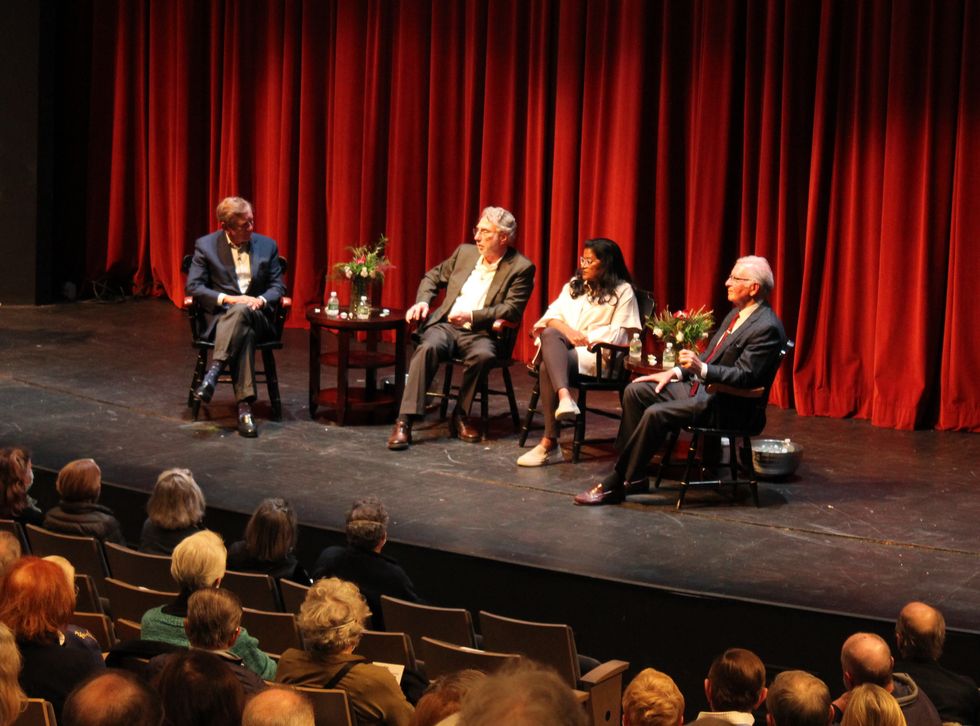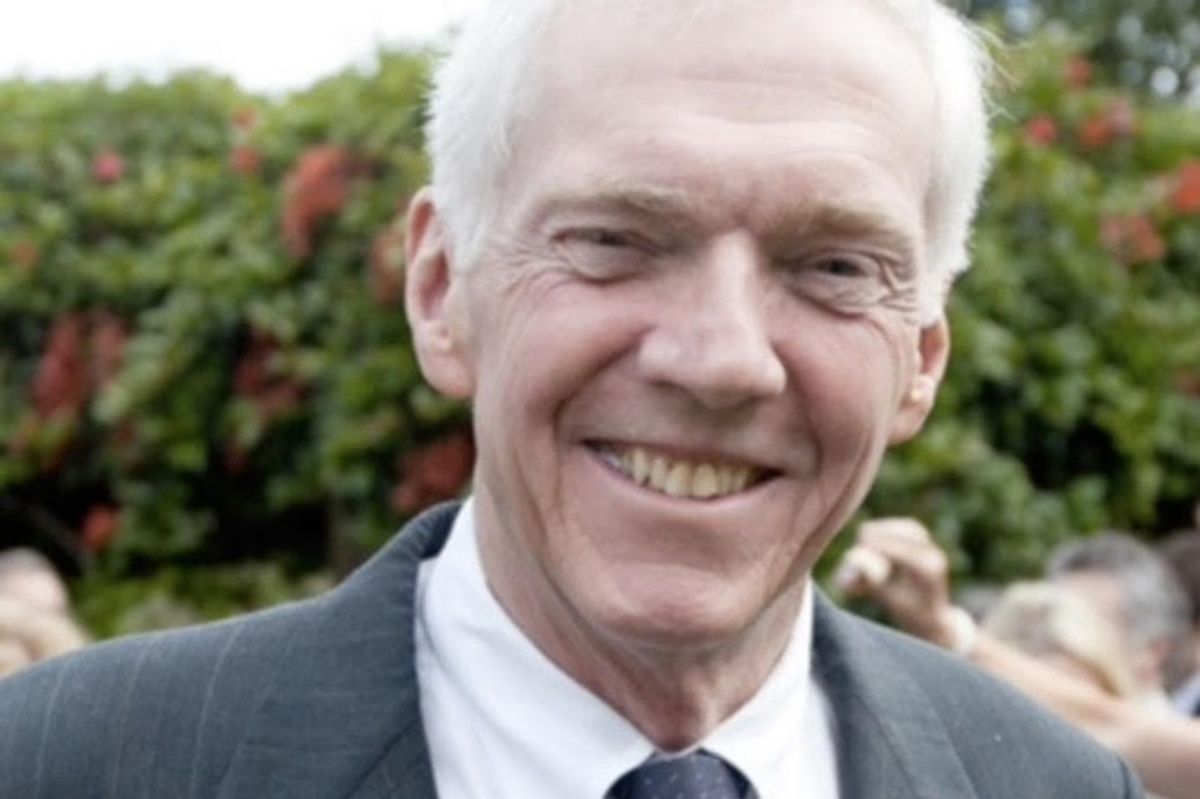American journalism alive, remains in flux
The Salisbury Forum

Brian Ross, left, moderated the Salisbury Forum discussion with Marty Baron, Subrata De and John Coston at The Hotchkiss School on Sept. 16.
Photo by Patrick L. Sullivan












 Interior of the Linde Center for Music and Learning.Hilary Scott, courtesy of the BSO
Interior of the Linde Center for Music and Learning.Hilary Scott, courtesy of the BSO





